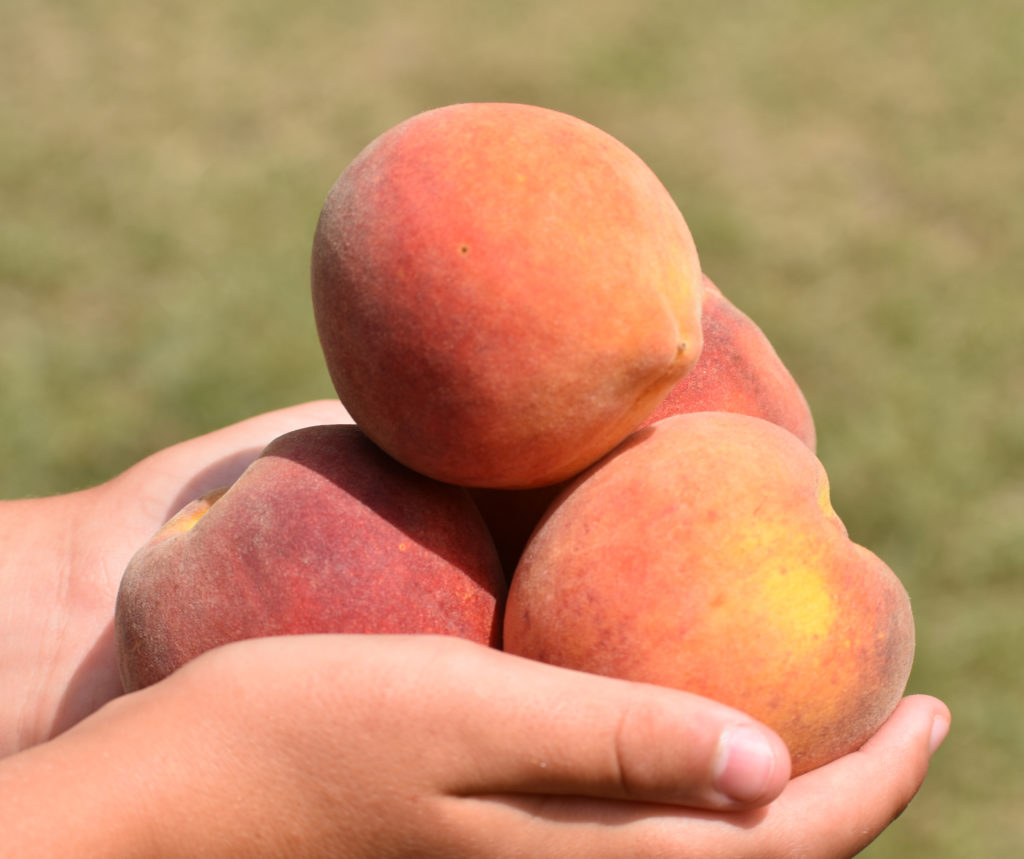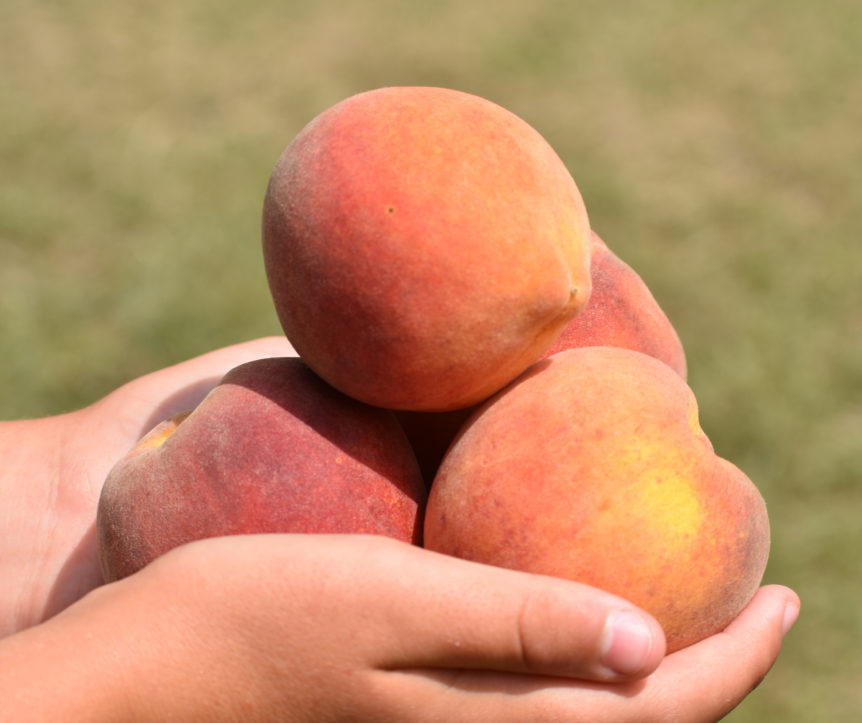By Clint Thompson
Warmer temperatures this winter would be a positive development for the region’s peach producers, says Brett Blaauw, assistant professor at the University of Georgia (UGA) College of Agricultural and Environmental Sciences. It would help manage the pest populations, including borers and stink bugs; any insect that overwinters.

“If there’s not food when they’re going into their overwintering, they will basically use their fat storage to survive all winter long. But if it stays warm, that actually makes their metabolism work harder, which then will work through their fat storage quicker,” Blaauw said.
“The longer it stays warm, the greater the chance of them not surviving the winter. The warmth that we had that went so long actually can help stop them from surviving the winter moreso than the cold.
“The longer it stays warm, the harder it is for them.”
Pam Knox, University of Georgia Extension agricultural climatologist, recently noted in the UGA Extension Climate Blog that a La Niña weather pattern will persist through January-March. Its presence this winter means weather conditions are expected to be warmer and drier than normal.










